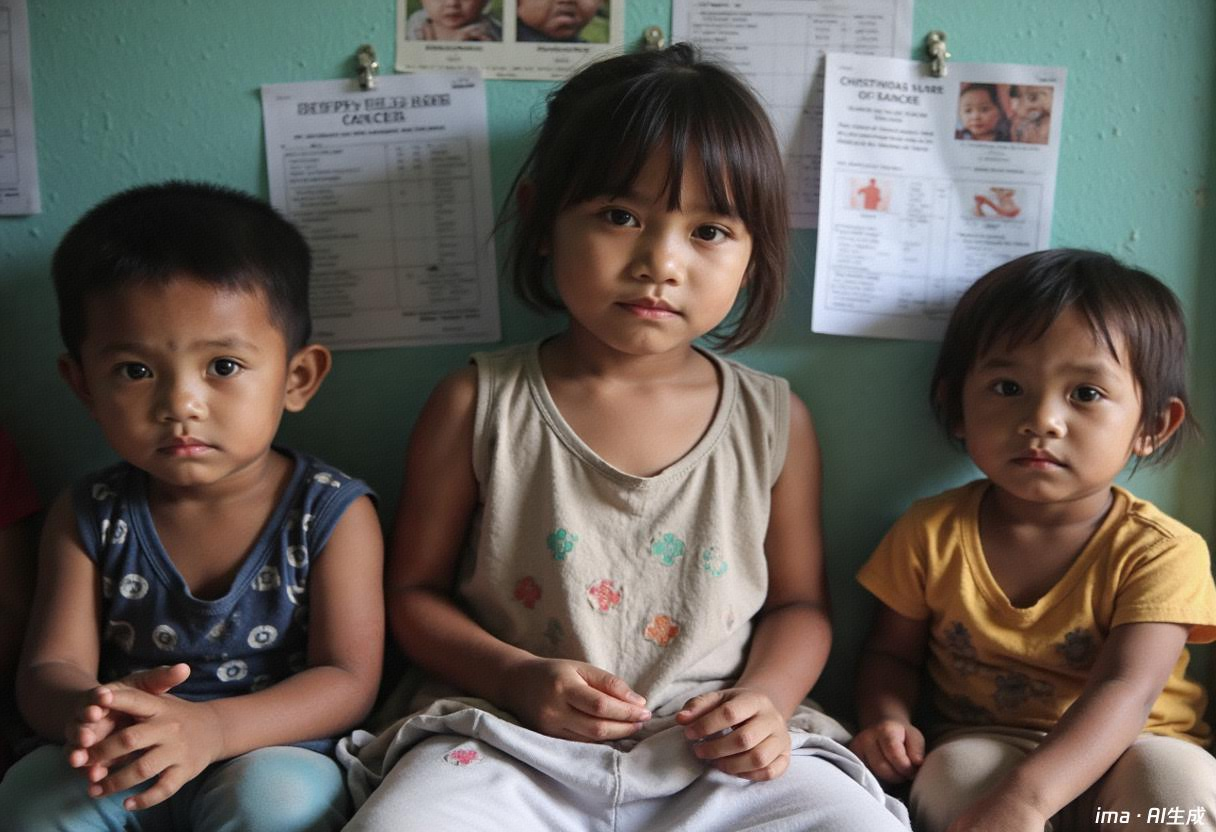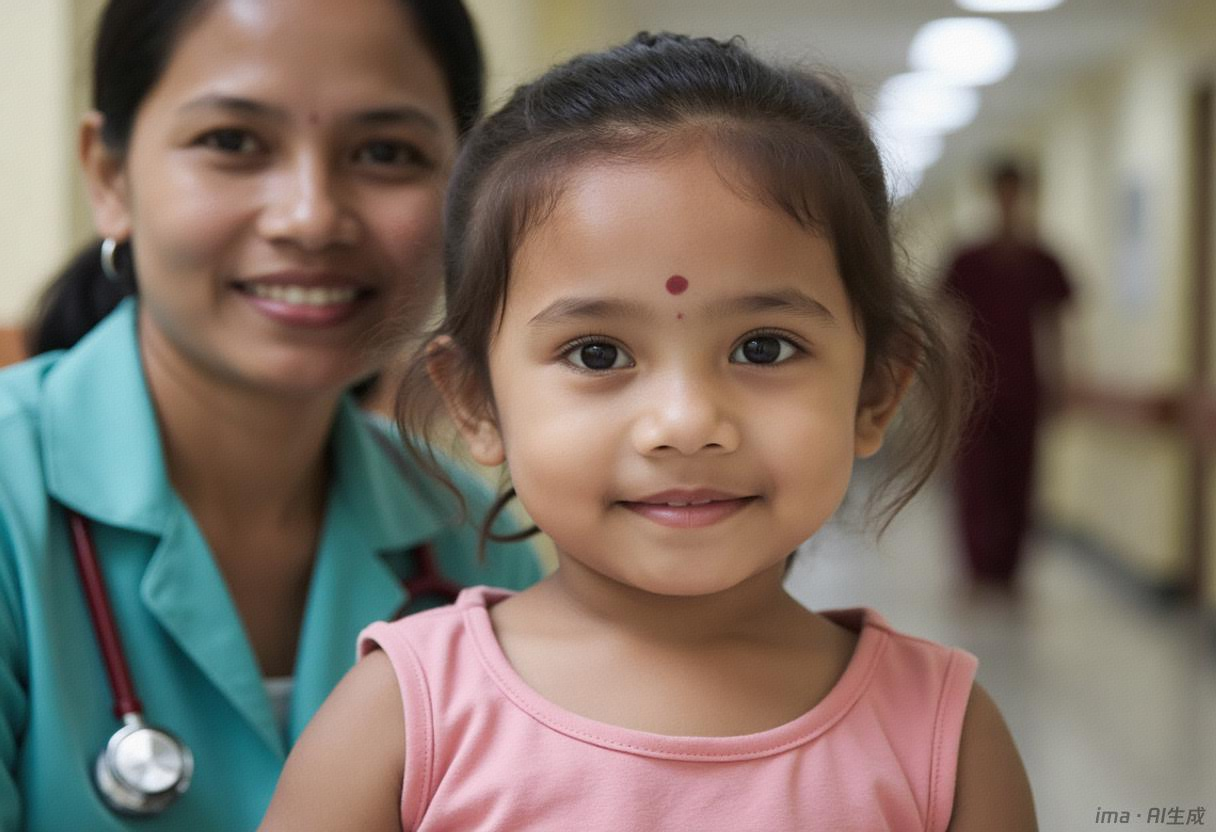Cardiac tumor
Cardiac tumor
Summarize
not have
Epidemiological
not have
Etiology & Risk Factors
not have
Classification & Staging
Most heart tumors are benign (not cancer). Benign heart tumors that can occur in children include:
Rhabdomyoma: A tumor that forms in the striated muscle, which is made up of long fibers. • Myxoma: May be part of a genetic syndrome called Carney syndrome.
Teratoma: A type of germ cell tumor. In the heart, these tumors most commonly form in the pericardium (the sac that covers the heart). Some teratomas are malignant (cancer).
Fibroma: A tumor that forms in fibrous tissue that holds bones, muscles and other organs in place.
Organoid myocardial tumors: Tumors that form in heart cells that control the heartbeat.
Hemangioma: A tumor that forms in the cells of blood vessels.
Neurofibroma: A tumor that develops in the cells and tissues that cover nerves.
The most common benign heart tumor in fetuses and newborns is a teratoma. In addition, a genetic condition called tuberous sclerosis can cause heart tumors to form in fetuses or newborns.
In children, cardiac malignancies are less common than benign cardiac tumors. Malignant cardiac tumors include:
malignant teratoma
lymphadenoma
Rhabdomyosarcoma: A cancer that develops in the striated muscle, which is made up of long fibers.
Angiosarcoma: A cancer that develops in cells of blood vessels or lymphatic vessels.
Chondrosarcoma: A type of cancer that usually develops in the cartilage and rarely originates in the heart.
Baby fibrosarcoma
Synovial sarcoma: A type of cancer that usually develops around a joint but rarely forms in the heart or the sac around the heart.
Clinical Manifestations
S&S
Heart tumors can cause any of the following symptoms and signs. If your child has any of these, consult a pediatrician:
- Breathing difficulties, especially when the child is lying down
- Pain in the middle of the chest, which improves when the child sits up
- cough
- faint
- Feeling dizzy, tired or weak
- sychnosphygmia
- Swelling in the legs, ankles or abdomen
- feel anxious
- Signs of stroke:
o Sudden numbness or weakness in the face, arm or leg (especially if it occurs only on one side).
O Suddenly confused, speaking or understanding difficulties.
o Sudden visual difficulty in one or both eyes.
O Suddenly have difficulty walking or feel dizzy.
o Sudden loss of balance or coordination.
O Sudden severe headache of unknown cause.
Sometimes heart tumors do not cause any symptoms or signs.
In addition to heart tumors, other conditions can also cause these signs and symptoms.
Clinical Department
not have
Examination & Diagnosis
The diagnosis and staging of cardiac tumors can be made through the following examinations:
- Physical examination and medical history Chest X-ray
- CT scan
- MRI
For a description of these checks and processes, see the basic information section above.
Other tests used to diagnose or stage heart tumors include:
- Echocardiogram: In this test, high-energy sound waves (ultrasound) bounce off the heart and nearby tissues or organs and produce echoes. As blood is pumped out of the heart, the heart and heart valves form a moving picture.
- Electrocardiogram (EKG): This is a method of recording the electrical activity of the heart to check its frequency and rhythm. Doctors place small pads (electrodes) on the patient's chest, arms, and legs, which are connected to a machine via wires. The heart's activity is then recorded as lines on paper. If the heart's activity is faster or slower than normal, it may indicate heart disease or injury.
Clinical Management
For information on the treatments listed below, see the overview of treatment options section.
Treatment for childhood heart tumors may include the following:
Benign tumors (rhabdomyomas) that occur in the heart muscle are observed and wait, and they sometimes contract and disappear on their own.
Surgery (which may include removing part or all of the tumour, or a heart transplant) and chemotherapy.
Targeted therapy can be performed in patients with tuberous sclerosis.
Children with recurrent cardiac tumors may consider participating in clinical trials to test for changes in genes in tumor samples and to target patients based on the type of gene change.
Prognosis
not have
Follow-up & Review
not have
Daily Care
not have
Cutting-edge therapeutic and clinical Trials
not have
References
not have
Audit specialists
not have
Search
Related Articles

Relaxation Therapy & Peace Care
Jul 03, 2025

Rare Childhood Tumour
Jul 03, 2025

Inflammatory Myofibroblastoma
Jul 03, 2025

Langerhans Cell Histiocytosis
Jul 03, 2025

Angeioma
Jul 03, 2025